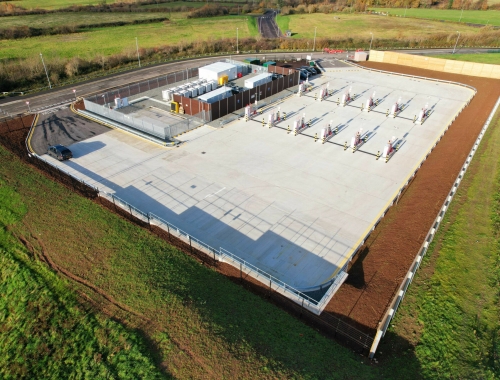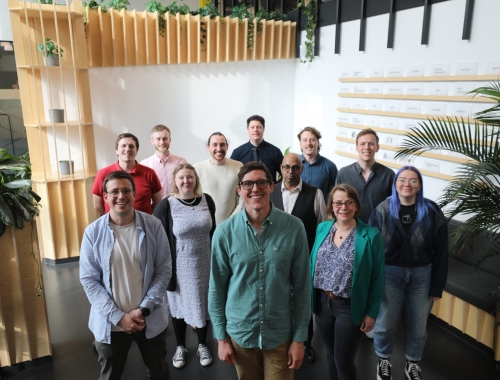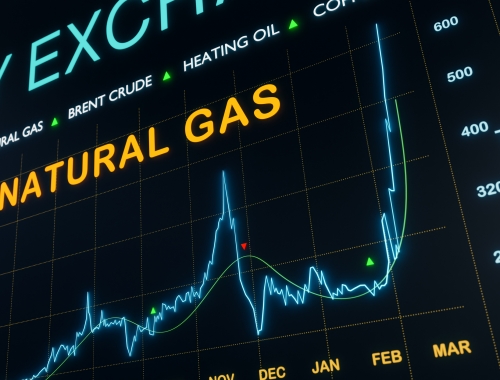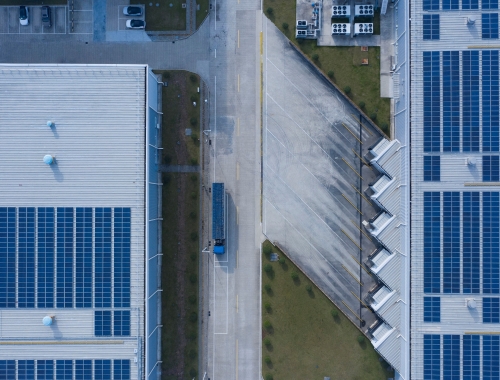Petronas ties up with Scottish univ for hydrogen from biomass tech
SUMMARY
The research will advance techniques to use thermochemical reactions to produce hydrogen from biomass and other waste materials.
By Shardul SharmaMalaysian energy company Petronas and Scotland’s Heriot-Watt University have entered into a research partnership to jointly develop technologies to produce hydrogen from biomass waste, Heriot-Watt University said on October 17.
The £1mn research project is a collaboration under Petronas Centre of Excellence in Subsurface Engineering and Energy Transition (PACESET), one of the three global technology centres established by Petronas and its academic partners to advance low-carbon and cleaner energy solutions. PACESET is based at Heriot-Watt University.
The research will advance techniques to use thermochemical reactions to produce hydrogen from biomass and other waste materials. Researchers will also explore solutions to address scalability and storage – the main barriers in popularising hydrogen as alternative energy – to promote adoption globally.
The research will initially focus on utilising the estimated 4mn metric tons of waste and by-products created by distilleries in the UK and the approximately 127mn mt of agriculture waste generated annually in Malaysia for hydrogen production. The academic team will also explore storage solutions aiming to utilise depleted oil wells for pure hydrogen storage without the need to add natural gas for stability.








